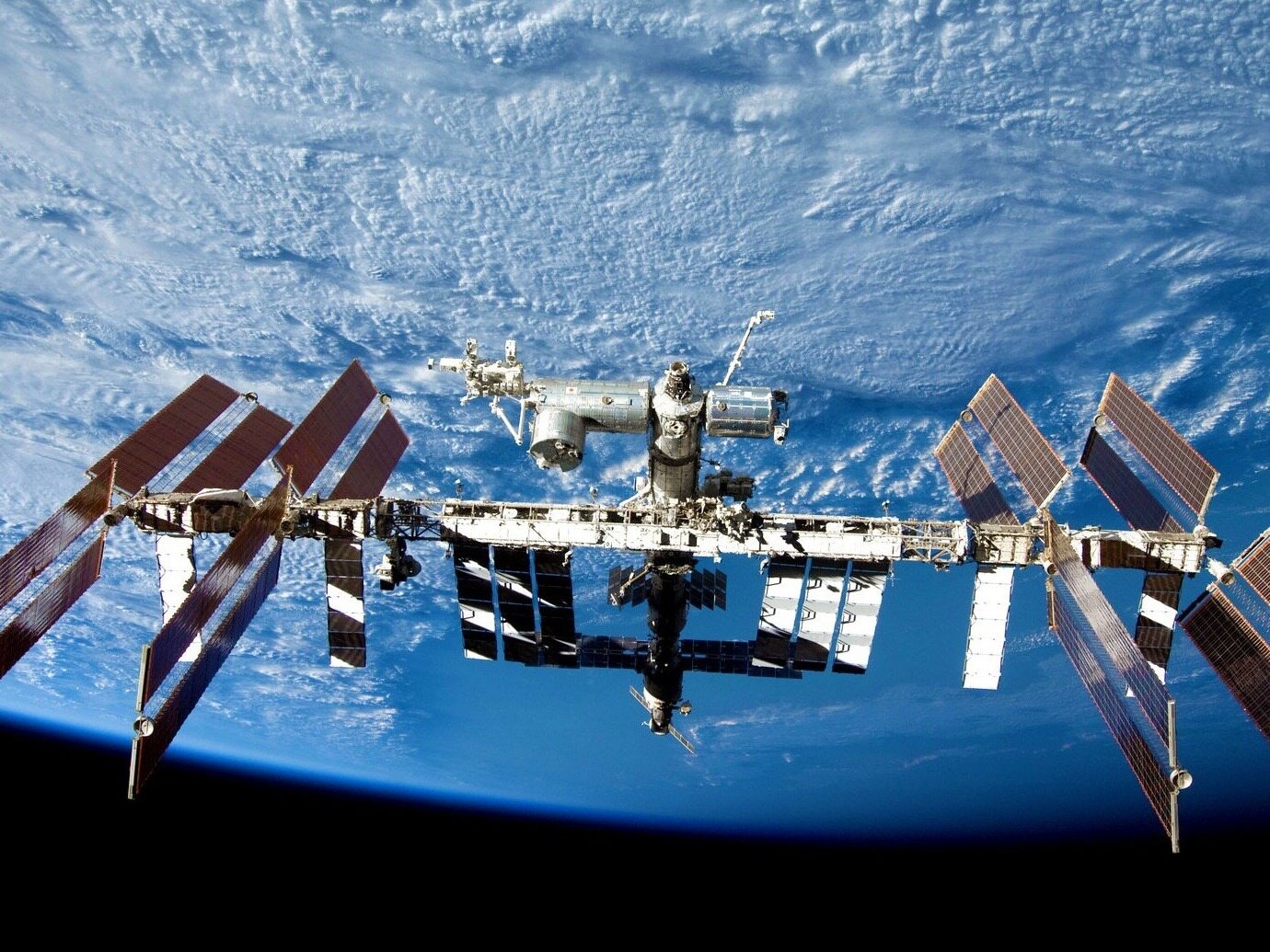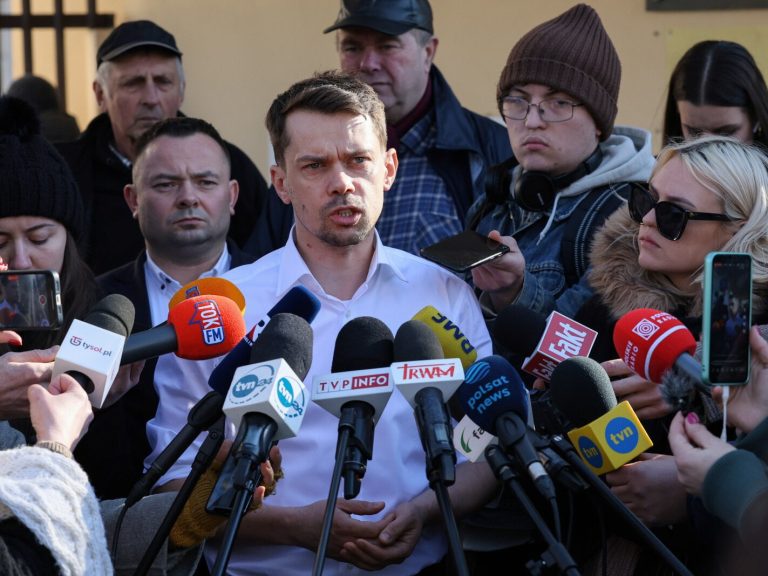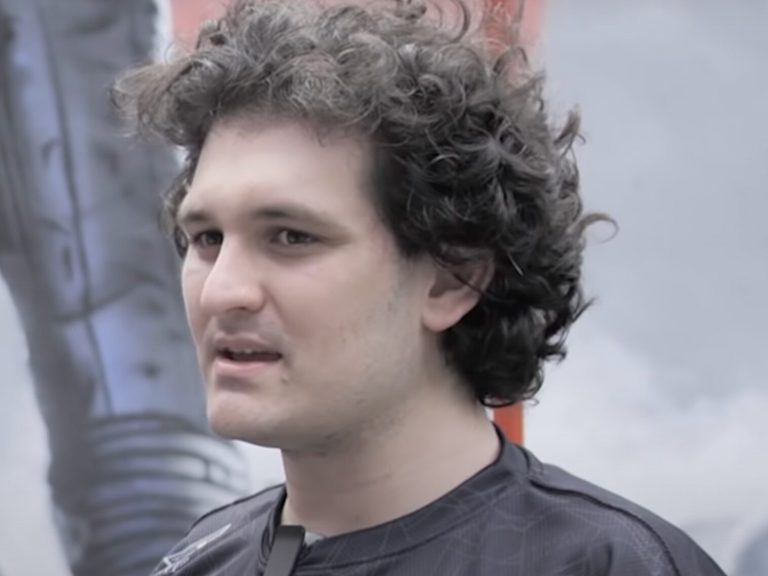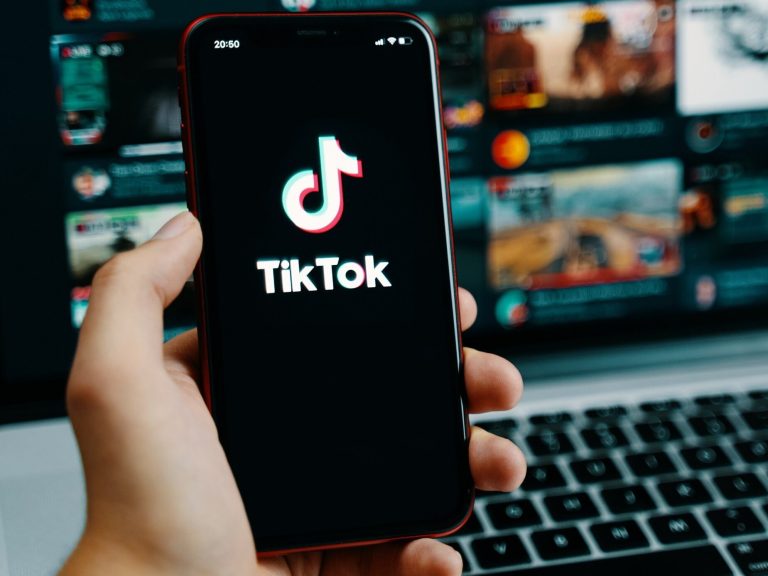Poles will fly to the ISS station. The European Space Agency announced the competition

The European Space Agency together with the POLSA agency announced a competition to launch into orbit. The organizations are asking scientists and companies from Poland to submit ideas on how to use the unique opportunity to visit the ISS. However, strict conditions must be met.
The Polish Space Agency (POLSA) and the European Space Agency (ESA) announced on Friday the start of a competition for space ideas. The initiative is intended for research teams and private companies. The condition for submitting an idea is the Polish origin of the scientific organization or business.
Call for Polish activities to fly on ISS – the prestigious ESA and POLSA competition is launched
The best applications will get the opportunity to fly to the International Space Station (ISS), which is a real treat for both public scientific institutions and companies from the private space sector.
So far, the campaign is in its early stages. Announcement of Opportunity (AO). This means that space agencies announce the possibility of conducting research in orbit and start collecting ideas, from which a panel of experts from both organizations will select the best initiatives. The collection of applications starts today and ends on September 8, 2023. The winning ideas will be announced no later than the end of September.
Poles will fly to the ISS – what will they study?
Specifically, it’s about the workplace in the Columbus space laboratory – ESA’s ISS module. Previously, numerous experiments physically impossible to carry out on Earth were carried out there, including research on the behavior of liquids, flames, and even living organisms in a microgravity environment. This is a huge opportunity, for biologists, physicists, and material engineers.
Particularly interesting for the jury are the ideas of Poles regarding new scientific achievements, demonstrations of new materials developed for the needs of space exploration or educational initiatives. Among the given examples are:
-
medical systems that monitor the health of astronauts on an ongoing basis;
-
preventive health care methods for people in space;
-
breakthroughs in technology, including lab-on-chip system, bionic 3D printing, in-situ analysis;
-
research in a microgravity environment, e.g. effects on human health, plant growth, bacterial growth, combustion, fluid dynamics;
-
research on radiation and new methods of crew protection;
-
tests of new electrical and mechanical systems that will help in further space exploration.
Each idea will be judged against two criteria. First, the jury will assess the technical aspects of the project, including the clarity of the goals and possible benefits of the submitted experiments and the previous experience of the applicants. Secondly, the possible profit for the Polish space industry, compliance with ESA programs and the level of risk of a given project against the development of Poland’s space potential will be assessed.






